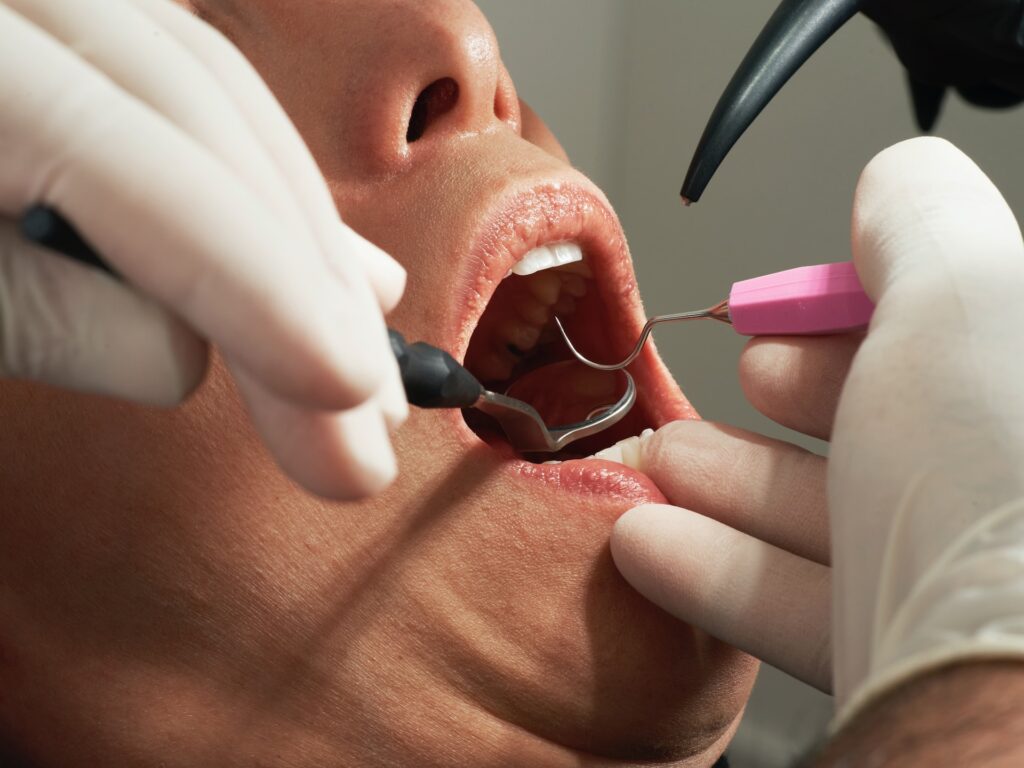Dental emergencies can be painful and stressful situations for anyone. Teeth are essential to our body, and any dental problem can affect our overall health. Sometimes, dental issues can occur suddenly and require immediate attention. In such cases, knowing when to call an emergency dentist is essential. This article will discuss the signs and symptoms that indicate you need to call an emergency dentist.
Broken or Knocked-Out Tooth
Accidents can happen at any time, leading to a broken or knocked-out tooth. If you have a broken or knocked-out tooth, it’s essential to see an emergency dentist within 30 minutes. If you can, try to save the tooth and keep the tooth moist by placing it in milk or saline solution. Sometimes, the dentist can reattach the tooth, but only if you seek immediate attention. If the tooth cannot be saved, the dentist can provide options for replacement, such as dental implants or bridges.
Severe Toothache
Toothache is a common dental issue, and various reasons, such as cavities, gum disease, or infection, can cause it. However, you should call an emergency dentist if you experience a severe toothache that doesn’t go away with over-the-counter painkillers. An intense toothache can be a sign of an abscess or infection requiring immediate treatment. Delaying treatment can lead to the spread of the infection and can cause more severe health issues.
Bleeding Gums
Bleeding gums can indicate gum disease, a severe dental issue. If you notice bleeding gums while brushing or flossing, you should call an emergency dentist. Gum disease can lead to tooth loss and can even increase your risk of heart disease and stroke. Getting prompt treatment to prevent the spread of the disease is essential. The dentist can provide deep cleaning, antibiotics, or periodontal surgery, depending on the severity of the disease.
Loose or Missing Filling
If you have a loose or missing filling, it can cause severe pain and discomfort. A loose filling can expose the tooth’s sensitive nerves, leading to pain and sensitivity. If you have a missing or loose filling, you should see an emergency dentist as soon as possible. The dentist can replace the filling and alleviate the pain. It’s crucial to maintain good oral hygiene and schedule regular dental check-ups to prevent fillings from falling out.
Swollen Jaw
A swollen jaw can be a sign of an abscess or infection. An abscess is a pocket of pus that forms in the tooth or gums, and it can cause severe pain and discomfort. If you have a swollen jaw, you should call an emergency dentist. The dentist can drain the abscess and provide antibiotics to prevent the spread of the infection. It’s essential to maintain good oral hygiene and schedule regular dental check-ups to prevent dental infections.
Final Thoughts
Dental emergencies can be a real pain and can make you feel anxious and stressed out. But don’t worry. Knowing when to call an emergency dentist can help you get the treatment you need quickly and alleviate your pain and discomfort. Remember, your teeth are an essential part of your overall health, and taking care of them should be a priority. So, if you experience any dental issues, don’t hesitate to call an emergency dentist and get the help you need. Your smile (and your body) will thank you for it!
Take care of your dental emergency with the help of Chelmsford Dental Specialists Group. We are an emergency dentist in Chelmsford that is dedicated and committed to helping patients improve and maintain their oral health. We offer a wide range of all-encompassing general dentistry, including crowns, dental implants, teeth whitening, and white fillings. Request an appointment now!



